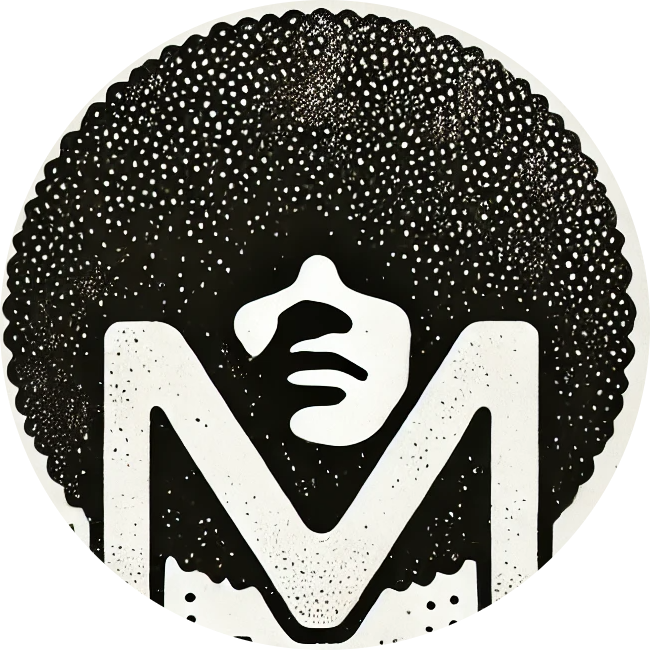How American Eagle’s Sydney Sweeney Ad Opened a Racial Pandora’s Box—and Levi’s Shut It Down
What started as a cheeky pun has snowballed into a cultural flashpoint. American Eagle’s latest ad campaign, featuring actress Sydney Sweeney, was meant to promote denim. But it’s the ad’s wordplay—“My jeans are blue. Sydney Sweeney has very jeans”—that lit a fuse many believe was already smoldering beneath the surface of American advertising.
At first glance, the line is a quirky double entendre: “jeans” as denim, and “genes” as inherited traits. But when Sweeney, a white actress often cast in roles celebrating conventional beauty, utters the line, it lands differently. “Sydney Sweeney has very jeans” becomes less about fashion and more a coded nod to genetic makeup—a subtle but potent racial undertone that some interpreted as elevating whiteness.
“Sydney Sweeney has very jeans” wasn’t just a pun—it was a cultural tripwire.”
The Echoes of the Past
Media critic and SiriusXM host Karen Hunter didn’t hesitate to call it out. In a fiery monologue, she asked the question on many minds: “Is this racial?” Her answer was an emphatic yes. Drawing parallels to racially charged advertising of the 1940s and ’50s—when brands shamelessly caricatured Blackness and upheld Eurocentric ideals—Hunter accused American Eagle of “playing in the pool” of America’s historical racial divides. Not creating division, she argued, but exploiting one that never really disappeared.
Hunter’s critique isn’t just about one line in one ad. It’s about what that line represents—a throwback to coded language that often masks superiority complexes and racial bias under the guise of clever marketing.
The Celebrity Complicity Question
Then comes the thorny question of Sydney Sweeney’s role. Was she aware of how that line would be received? Did she raise concerns or simply sign on the dotted line? Hunter acknowledged the massive financial incentives at play but questioned the moral cost. In an era where stars increasingly curate their brand personas with precision, silence can sometimes speak volumes.
Levi’s Strikes Back—Brilliantly
While American Eagle stumbled into controversy, Levi’s leapt into cultural relevance. In what many called a masterful “clapback,” Levi’s launched a rival ad featuring Beyoncé, paired with the line: “Beyoncé has better jeans.” It was more than just a play on words. It was a sharp, inclusive rebuttal that flipped the script—celebrating Black beauty and excellence without having to shout.
The contrast was stark. One ad alienated. The other uplifted.
A Teachable Moment for Brands
What this episode underscores is the razor-thin line brands walk when dabbling in double meanings and cultural messaging. Wordplay is powerful—but so is context. In a racially aware, socially conscious society, marketers don’t get to plead ignorance. Every pun, every casting choice, every tagline is a decision—and every decision is a statement.
American Eagle’s “Great Jeans” campaign may have started with a clever idea. But it ended up as a cautionary tale: in the battle for relevance, the line between viral and vile is thinner than ever.



